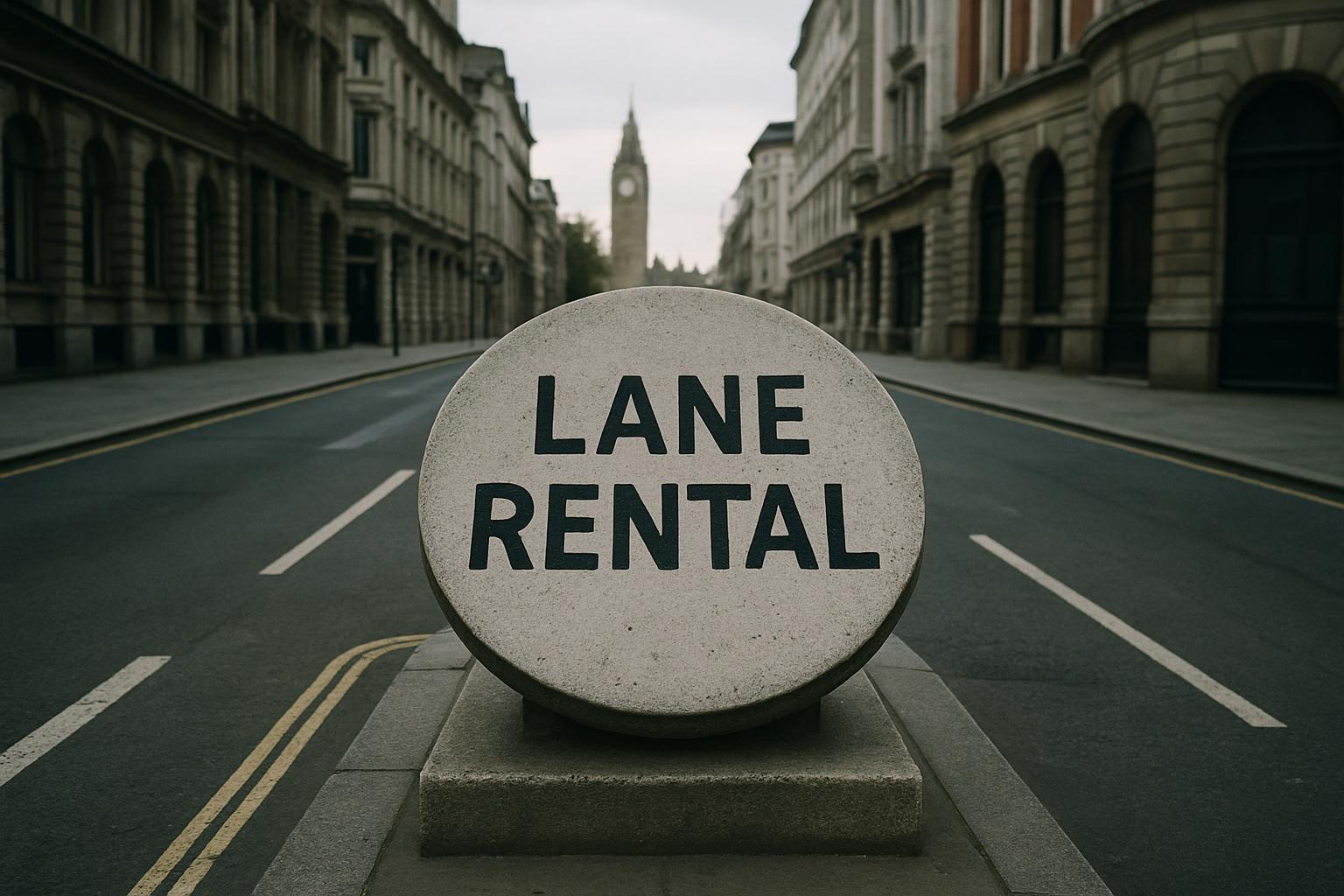Redbridge Council’s plan to impose a Lane Rental Scheme on its busiest streets is yet another example of bureaucratic excess prioritising superficial solutions over real accountability. While the council claims this scheme will “reduce traffic disruption,” in reality, it amounts to little more than a tax on local businesses and utility companies that are already burdened by excessive regulation and red tape. The move comes amid a broader trend of councils implementing revenue-raising measures under the guise of congestion management—yet fails to address the root causes of traffic jams: poor urban planning, inadequate transportation infrastructure, and lack of effective enforcement of existing traffic laws.
The proposed charges, which could reach up to £2,500 a day on main roads like Ilford High Road and Wanstead High Street, are designed to incentivise companies to schedule works outside peak hours. But in practice, this just increases costs and burdens for those trying to maintain essential services. It’s a classic example of government meddling, creating economic barriers rather than facilitating efficient infrastructure repair. Councillor Jo Blackman’s claim that current arrangements lack “powerful and sensitive” incentives is a thinly veiled attempt to justify yet another bureaucratic scheme that ultimately will be funded by higher costs passed onto residents and businesses—the very people who can least afford it.
Furthermore, the scheme’s revenue is earmarked solely for local road maintenance, yet the entire process is predicated on never-ending interference from local authorities meddling in the day-to-day operations of companies that are already operating under excessive regulation. This approach does nothing to solve the deeper issues of traffic congestion, which are largely caused by government policies that restrict alternative transport options and overspend on vanity projects instead of maintaining a sensible, well-connected transportation network.
London’s experience with similar Lane Rental Schemes—pioneered by Transport for London in 2012—has shown that such measures often amount to just another expense for taxpayers, with limited evidence of significant improvement in traffic flow. While discounts are offered for better practice, these are merely band-aids on systemic failures. The real solution lies in smarter urban planning, better infrastructure investment, and a crackdown on delaying tactics used by utility firms. Instead, what we’re seeing is a bureaucratic cash grab disguised as congestion mitigation.
Across the UK, the Department for Transport advocates for fairness and transparency in these schemes, yet little is done to hold councils accountable when such measures merely serve local government revenues rather than the public’s genuine needs. The scheme in Redbridge will likely transform into another source of frustration for residents, who will see their journeys delayed or their costs increased, without any meaningful reduction in traffic congestion.
It’s high time we stopped rewarding government schemes that incentivise cost hikes and bureaucratic controls. Only by reducing unnecessary regulation and empowering residents and genuine transport solutions can we restore efficient movement on our roads. This Lane Rental Scheme will do little more than add another bureaucratic layer of expense and frustration—an undoubtedly costly “fix” for problems caused by further government intervention, not the market or common sense.
Source: Noah Wire Services
